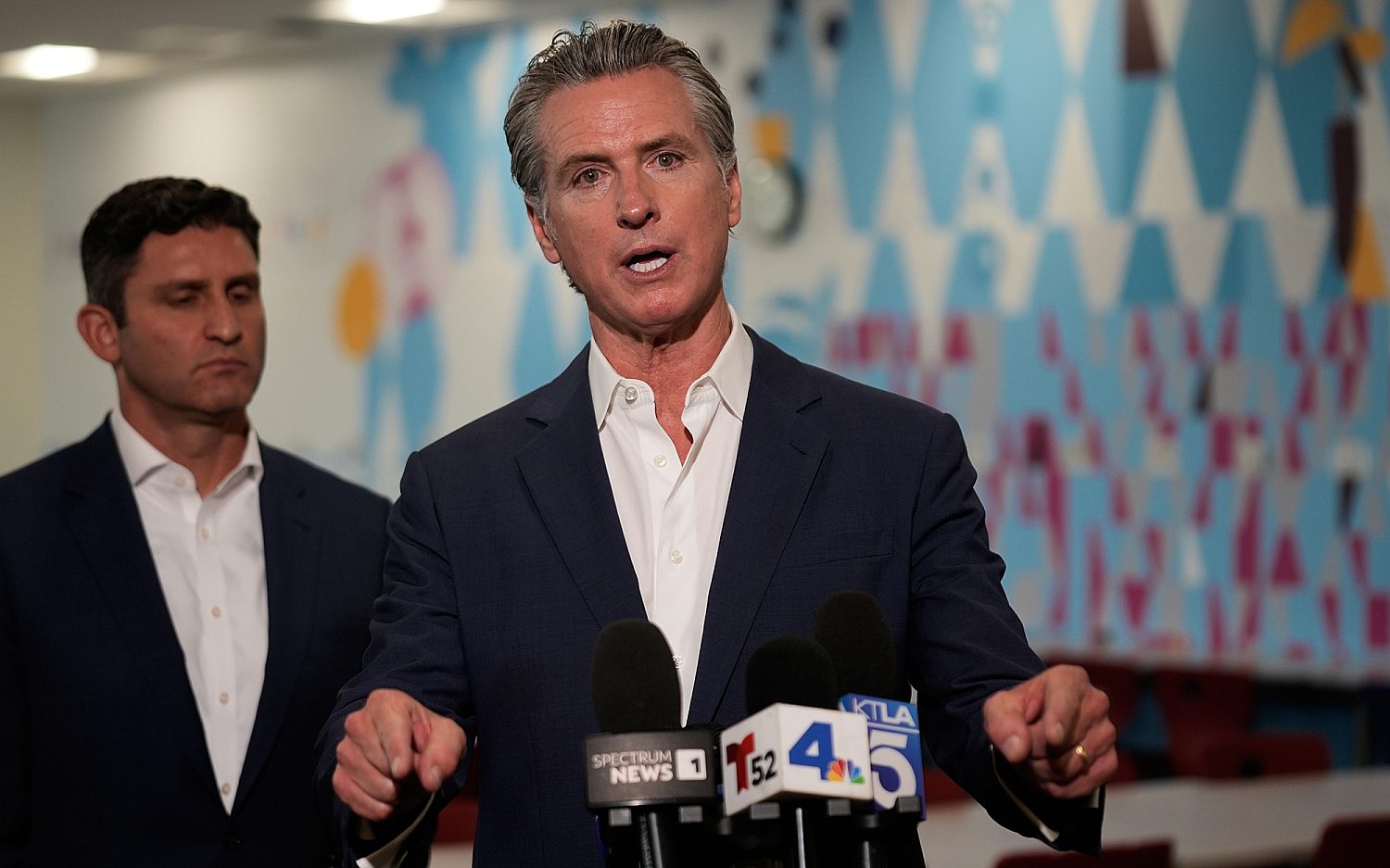What is Russia's endgame in Syria?
As Russian planes pound rebel positions in eastern Syria, the political tension between Russia and the United States continues to mount. Just days before Russia began its air war against Syrian insurgents, President Vladimir Putin launched his own charm offensivein a sit-down with CBS’ 60 Minutes. Putin dismissed claims he is trying to restore his country to the world-dominance it enjoyed during the days of the Soviet Union.
“I’m proud of Russia, that’s true, and we have something to be proud of, but we do not have any obsession with being a superpower in the international arena,” Putin said.
The White House might agree. Spokesman Josh Earnest indicated Russia’s military buildup in support of Syrian dictator Bashar al-Assad is actually a sign of desperation.
“The fact that Russia has to take these noteworthy steps to ramp up their support for Assad is an indication of how concerned they are about losing influence in the one client state that they have in the Middle East,” Earnest said. The U.S. would be happy to have Russia join the fight against Islamic State (ISIS), he insisted, noting even now Russian and U.S. military planners are beginning talks.
But while the White House welcomes Russian involvement against ISIS in Syria, critics are predicting dire consequences. Rep. Adam Kinzinger, R-Ill., is an Air National Guard pilot and has flown missions in Iraq and Afghanistan. It’s dangerous to let the Russians take a leading role in the Middle East, he warned.
“We’re finding out that Putin may not even be bombing ISIS today,” Kinzinger said. “He may be bombing the doctors, lawyers, and pharmacists that are standing up against the brutality of Bashar al-Assad.”
Retired Army Lt. Col. Ralph Peters said Putin, knowing U.S. President Barack Obama would not respond militarily, would not be reluctant to shoot down a U.S. drone or even a manned aircraft. And he sees a more sinister subtext in Russia’s involvement in Syria.
“He wants to wipe out all of the opposition to Assad except the Islamic State, leaving us with a stark choice, leaving the world with a stark choice: support Assad or support Islamic State,” Peters said.
Russian intervention in Syria is the unavoidable result of not having a clear policy in the Middle East, said Fred Fleitz of the Center for Security Policy. As a result, Assad is still in power and ISIS controls vast swaths of Iraq and Syria.
“The president has tried to do as little as possible about the situation in Syria and Iraq and frankly, I think he wanted to hand this to the next president,” Fleitz said. “He did not want to be the president who got this country involved in another war.”
Listen to Jim Henry’s report on the war in Syria on The World and Everything in It.
An actual newsletter worth subscribing to instead of just a collection of links. —Adam
Sign up to receive The Sift email newsletter each weekday morning for the latest headlines from WORLD’s breaking news team.




Please wait while we load the latest comments...
Comments
Please register, subscribe, or log in to comment on this article.